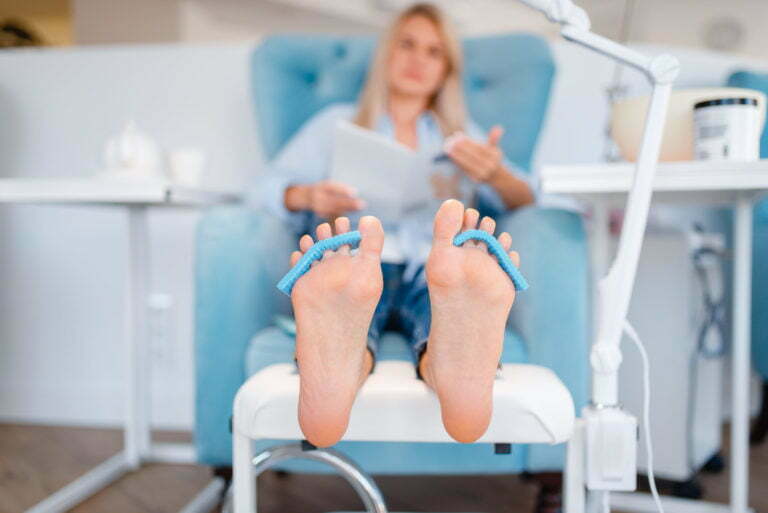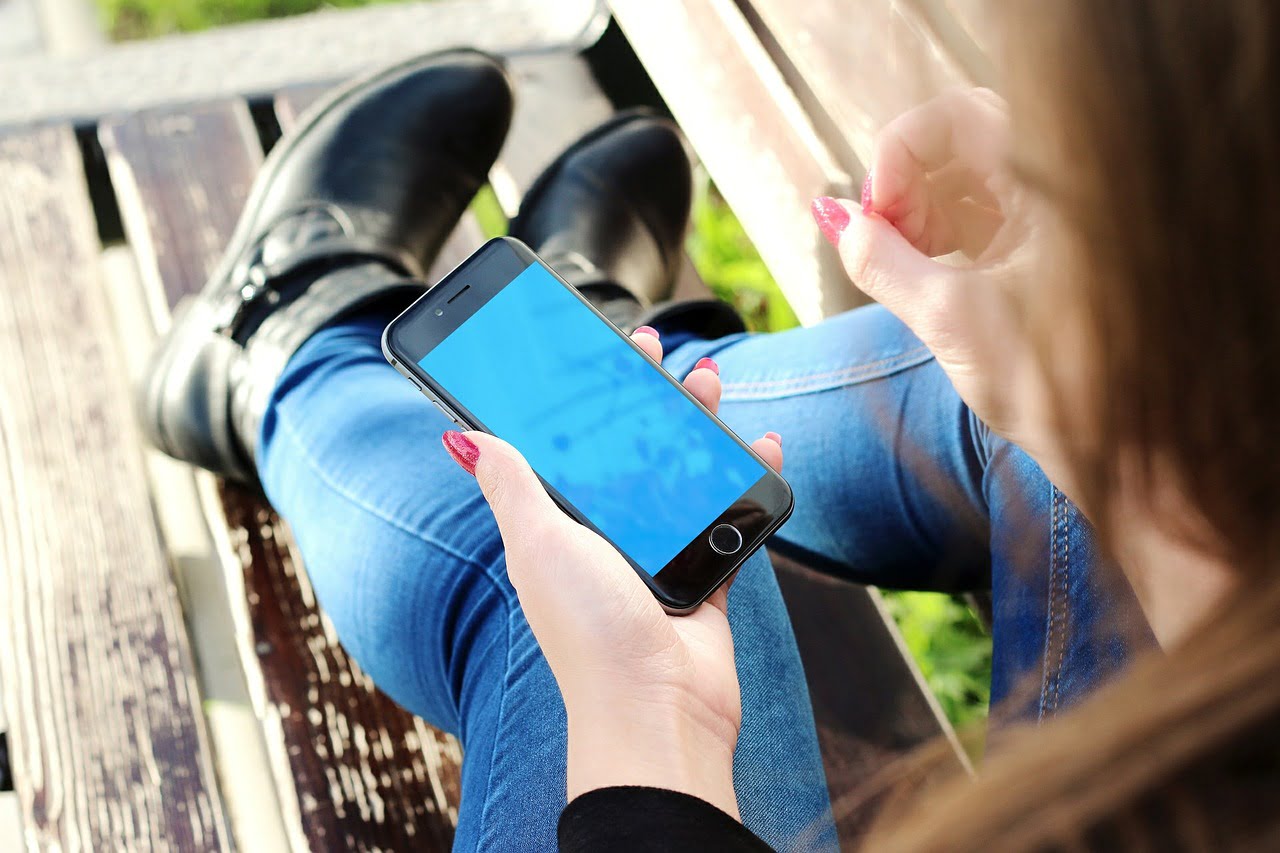We rely on our smartphones in ways that seemed impossible 10 or 12 years ago. Looking at your daily screen time numbers can be a shock and could inspire you to cut back. But your iPhone is a bit like your Facebook account: even people who cut back find that they can’t get rid of it completely. That’s fine, but it does mean you need to be prepared for possible issues with your smartphone. If your smartphone goes out and you’re not sure what to do, then you could be in a tough spot. Here are some things you can do right now to prepare for phone problems down the line.
Look up repair shops
Most of us have regular doctors we see once a year, or whenever we have a problem. The same can’t be said of an iPhone and Apple Watch. In general, we assume technology will keep us afloat and nothing will go wrong. We assume we can do things like spill water on our phones and drop them and everything will keep humming along as normal.
But relying on that isn’t a good idea. Let’s say your phone won’t turn on one day, and you panic. But while you can’t exactly Google “phone emergency rooms,” you can find places to get repairs done pretty fast and move on with your life. Think of places such as uBreakiFix as phone urgent care facilities. You can go to get a diagnosis for your phone fast. In most cases, you can get your phone repaired the same day it breaks.
In the past, you risked getting your warranty voided if you did something like buy iPhone replacement batteries elsewhere. But in recent years, Apple has relaxed that policy considerably. The company must realize that people won’t always have the time or inclination to take their phones to Apple Stores to get repaired. You should still do what you can to ensure you’re getting your phone repaired at a reputable place. Ask family members and look up reviews, for instance, but don’t worry if you aren’t taking it to a Genius Bar. Doing so won’t leave a black mark on your account.
Store important things elsewhere
You don’t just use your phone to Google questions that you think of at 2 a.m. when you’re supposed to be sleeping. You also use it to store some pretty important things, namely photos. Your smartphone has a lot of innovative features that might make you wonder why you ever used a normal old digital camera.
But you also need to back those photos up somewhere. If your phone goes on the fritz and you don’t have a backup, what will you do? Store your photos elsewhere so you don’t ever have to deal with a world where all those photos of your parents’ anniversary party are lost forever. Look for a smart home device that will safely store all your photos in your home rather than only on your phone.
Yes, these devices require an initial investment, but once you’ve paid that, you’ll have a lot more peace of mind than you would if you simply carried your phone everywhere. Phones don’t only break; they can also get lost or stolen. A thief on the bus isn’t going to have much use for all those photos of you and your friends partying at a concert last week.
And if you’re only storing photos on your phone, you may assume that you can only share photos by posting them to social media or texting people. But smart home photo storage devices can give you more options there as well. If you want to create a private photo album and only send a few people the link, knock yourself out.
































